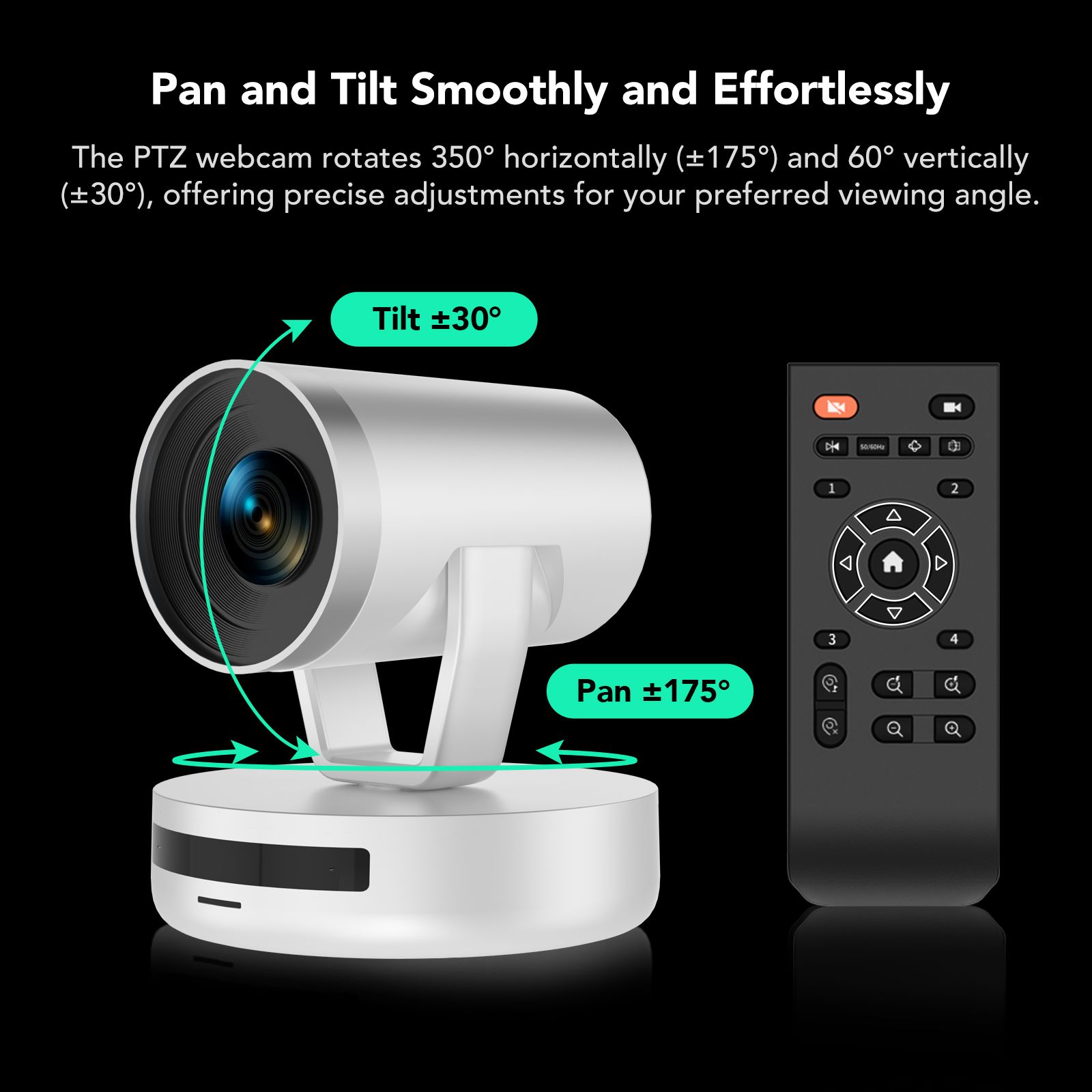Unlock the Secrets: Discover the Ultimate Guide to Professional Video Cameras You Can't Miss!
In today's digital age, the demand for high-quality video content has surged, making professional video cameras an essential tool for filmmakers, broadcasters, and content creators alike. Unlike consumer-grade cameras, which often prioritize ease of use over advanced features, professional video cameras are designed to meet the rigorous demands of the industry. They offer superior image quality, advanced control options, and a plethora of features that allow creators to capture stunning visuals. Whether you're shooting a feature film, a documentary, or a live event, understanding the capabilities of professional video cameras is crucial. This guide will take you through the essential features, specifications, and various types of professional video cameras available on the market today, helping you navigate your options and make an informed decision.

Understanding Professional Video Cameras
Professional video cameras are specifically engineered to provide the highest image quality and a range of functionalities that cater to the needs of professional filmmakers and videographers. Unlike consumer cameras, which often have automatic settings and limited control, professional models allow for extensive manual adjustments and customization. This includes features such as interchangeable lenses, advanced autofocus systems, and professional audio inputs that enhance the overall production quality. Additionally, these cameras are built to withstand the rigors of professional use, often featuring robust designs that can handle various shooting environments. Whether you're capturing high-action sequences or delicate interviews, a professional video camera is crucial for achieving cinematic quality.
Key Features and Specifications to Consider
When selecting a professional video camera, it's imperative to consider several key features and specifications that can significantly impact your shooting experience and the quality of your final product:
- Sensor size and type: Larger sensors typically provide better image quality, especially in low light, and allow for a shallower depth of field.
- Resolution and frame rates: Look for cameras that offer at least 4K resolution and various frame rates to give you flexibility in post-production.
- Lens compatibility: Ensure the camera supports interchangeable lenses, allowing you to choose the right lens for your specific shooting needs.
- Audio capabilities: Professional video often requires high-quality audio, so look for cameras with XLR inputs and built-in audio meters.
- Low-light performance: Cameras with good low-light capabilities allow for shooting in various lighting conditions without compromising quality.
- Battery life: Extended battery life is crucial for long shoots, so consider models that offer removable batteries for convenience.
- Portability and build quality: Depending on your shooting style, you may prefer a lighter camera for handheld work or a more robust model for studio use.
Understanding these specifications will help you choose a camera that not only meets your creative needs but also enhances your workflow.
Types of Professional Video Cameras
The market offers a variety of professional video cameras, each designed to serve different purposes and shooting styles. Here are some common types:
- Camcorders: Ideal for event videography and documentary work, camcorders are user-friendly and designed for long recording sessions.
- DSLRs: These cameras are popular for their versatility and image quality, making them suitable for both photography and video.
- Mirrorless cameras: Known for their compact design and excellent performance, mirrorless cameras are increasingly popular among professional videographers.
- Broadcast cameras: Used in television and live events, these cameras offer high-quality outputs and features tailored for professional broadcasting.
- Action cameras: Durable and compact, action cameras are perfect for capturing high-adrenaline moments and outdoor adventures.
Each type of professional video camera comes with its own set of features and strengths, catering to the diverse needs of videographers and filmmakers.
Choosing the Right Professional Video Camera for Your Needs
Selecting the right professional video camera involves considering various factors, including your budget, the type of projects you plan to undertake, and your personal preferences. If you're focused on filmmaking, you might prioritize features like resolution and lens compatibility. For live streaming, consider cameras with excellent audio inputs and streaming capabilities. Additionally, think about how portable you need your camera to be, especially if you plan to shoot on location. Don’t forget to read reviews and, if possible, test out different models to find the one that feels right in your hands. Making an informed choice can significantly enhance your video production experience.
Making Informed Choices in Video Production
In conclusion, understanding the features and types of professional video cameras is essential for anyone looking to invest in quality video equipment. By recognizing the significance of specifications such as sensor size, resolution, and audio capabilities, you can make a more informed decision that aligns with your specific needs. Remember, each project is unique, and the right camera can make all the difference in achieving your creative vision. Take the time to research and evaluate your options, ensuring that your investment leads to high-quality results in your video production endeavors.








